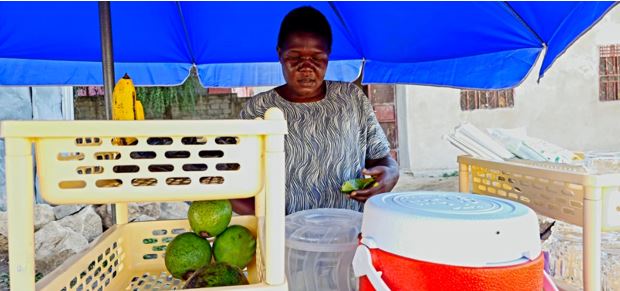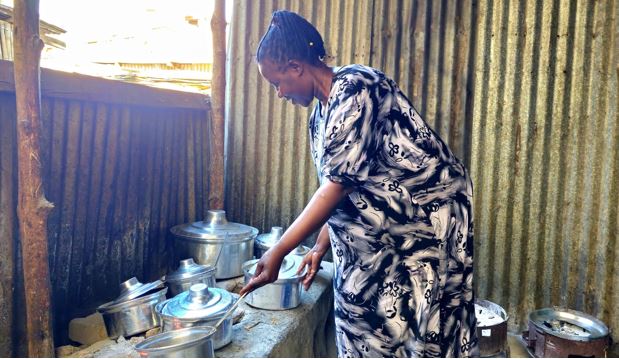Citizens across South Sudan are grappling with skyrocketing commodity prices, a constantly depreciating local currency, acute poverty, delayed government salaries, unemployment, and havoc wreaked by climate change, among others, occasioned by the economic meltdown the country is experiencing.
Radio Tamazuj sounded out residents of Juba City, many of who said they were barely getting by.
Edwina Pitia John, a local of Juba’s Gudele West suburb it has become difficult to survive daily, she often has no money to commute to work, and with food prices constantly rising steeply, it has become nearly impossible to pay her children’s school fees which have also been increased.
“We expected things to improve but they are only getting worse. I cannot afford school fees that keep going up,” she lamented.
Her neighbors, some of who say they even struggle to afford water, echo Pitia’s cries.
“Sometimes, my neighbors come to ask for water,” a neighbor who preferred anonymity stated. “That is the reality of the situation now.”
Small business owners said they are feeling the pinch the most.
Asunta Kilah, a juice vendor, who had to start looking after her younger siblings following the death of their mother said that despite her best efforts, the high cost of inputs and dwindling customer numbers, have made her business decline.
“Life is really difficult and I sometimes spend the whole day without a single customer,” she moaned. “Prices keep rising and it is simply hard to keep up. When there are no customers, we cannot even afford food for the day.”
According to Kilah, many customers can no longer afford even small treats like juice due to the high cost of living.
“It is frustrating because I rely on this business to feed my family and we are just hustling to get by day by day,” she said.

Another businesswoman, Mama Teddy who owns a restaurant in Juba, said she has also witnessed a decline in her client base due to rising commodity prices.
“My customers have reduced. Life used to be good, but now it is hard,” she bemoaned. “I have five children and I cannot afford to send all of them to school anymore.”
The ripple effects of the economic crisis are widespread with a big percentage of the youth, many of who are unemployed, becoming victims.
Paul Moses, a young man struggling to find stable work, shared his frustrations and said he is willing to do any work.
“We need income-generating activities for the youth. Empowerment programs could make a big difference for us,” he said. “There should be learning opportunities that allow us to develop skills and improve our lives.”
According to Moses, many youths have resorted to informal jobs such as working at construction sites or riding motorcycle taxis to make a living.
“It is about survival now. Most of us are doing what we can to get by but it is not enough,” he stated.
A Juba-based economist, Akim Ajieth, pointed out that the crisis has led to a severe decline in living standards.
“People cannot afford basic needs like water and medicine. Families are suffering due to lack of access to healthcare and education,” he explained. “The government has not paid salaries in months, which has only worsened the crisis.”
Ajieth emphasized that hopes for improvement remain slim under the current administration.
“People are frustrated and losing hope, they were looking forward to the elections, hoping for change, but with the extension of the current government’s term, those hopes have been dashed,” he said.
As South Sudan’s currency continues to depreciate and with runaway inflation among the highest in Africa, the hardships faced by citizens highlight a growing need for robust interventions.




